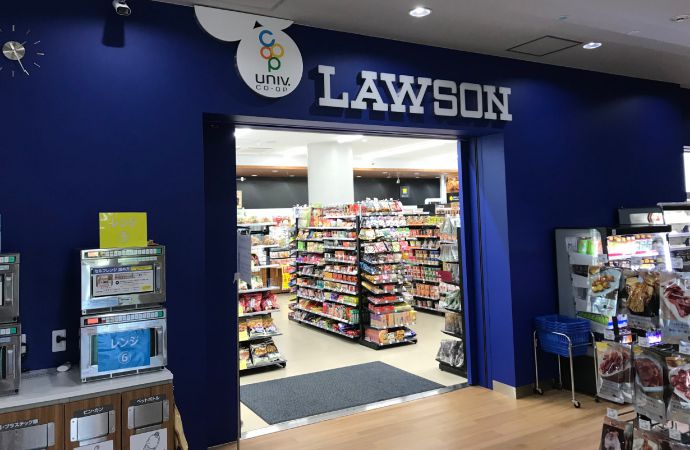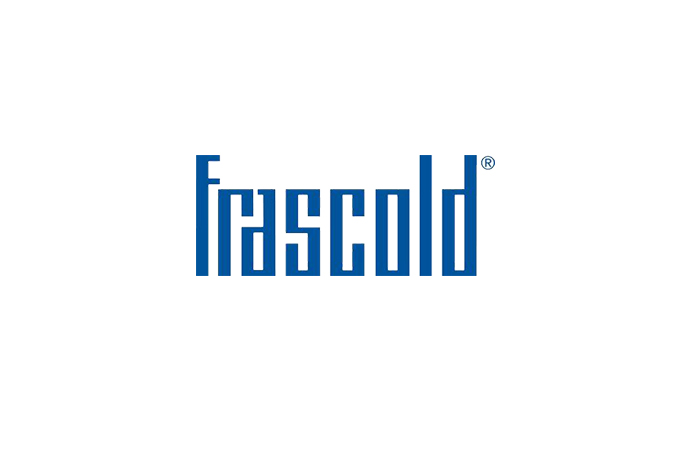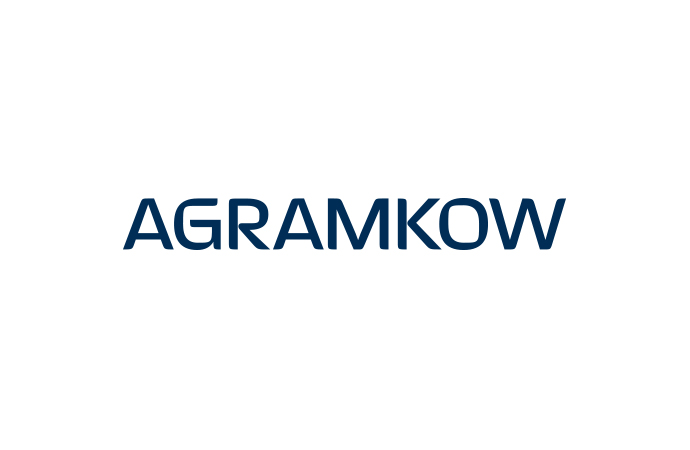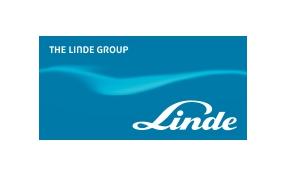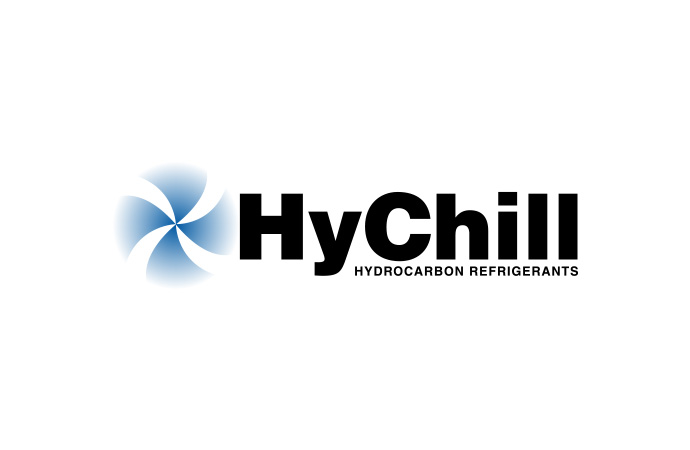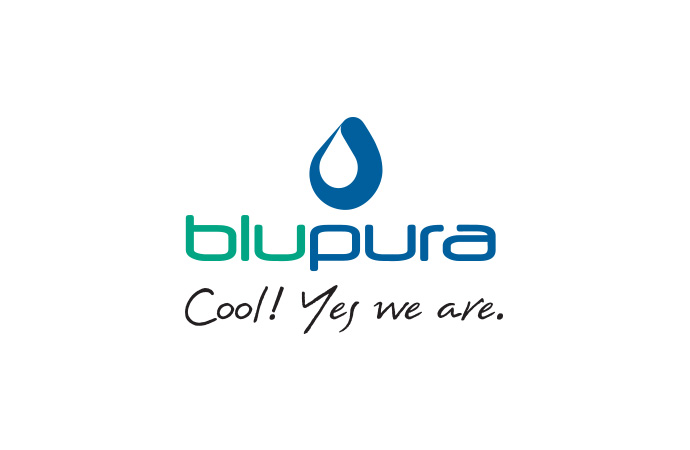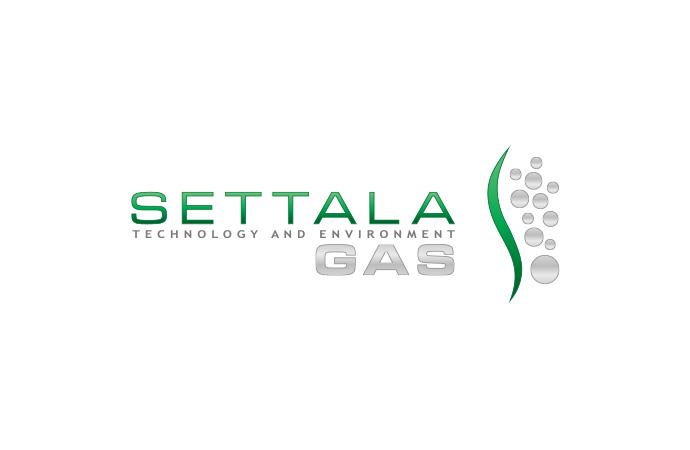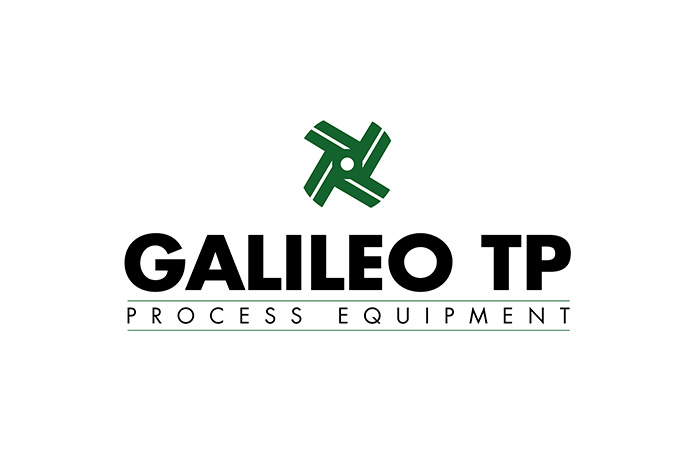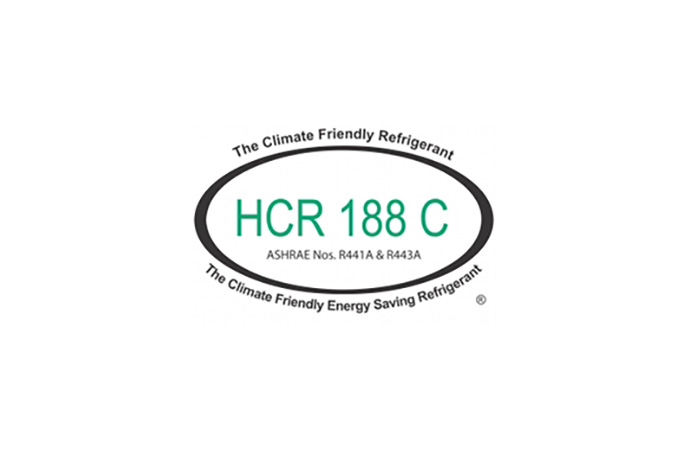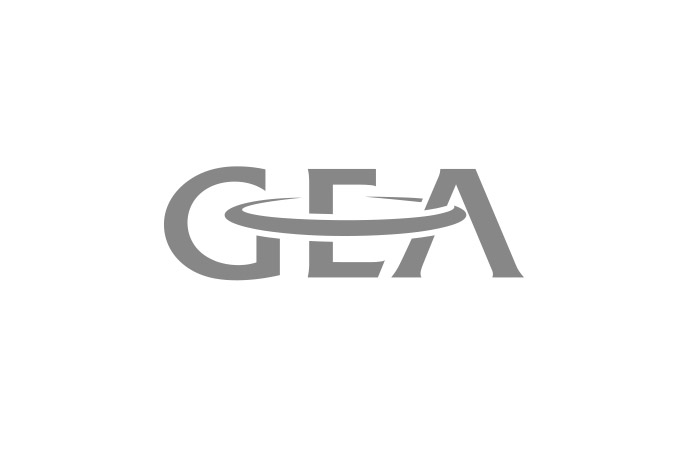With hydrocarbons being one of the key alternatives that China is implementing for the phase-out of HCFCs, a Chinese mission has visited Centro Studi Galileo, the Italian expert institute in hydrocarbons training. Meeting participants concluded that China could learn from the experience of Europe in the process of strengthening its training & certification of refrigeration technicians and discussed the possibility to meet again in the coming months to decide on a collaboration agreement

The Chinese delegation that visited the headquarters of Centro Studi Galileo, Italy, in December 2011 as part of a project organised by GIZ Proklima included representatives from China's Ministry of Environmental Protection as well as Shanghai Jiao-Tong University and China Household Electrical Appliances Association (CHEAA), the latter recently having issued China’s first technology roadmap for the home appliance industry which puts a focus on replacing HCFCs with new refrigerants.
On the European side, meeting participants included representatives from the Centro Studi Galileo, the Italian Association of Refrigeration (ATF), the European Energy Centre (EEC) and the vice-presidency of the European Association of Refrigeration (AREA), while present was also the Indian TERRE Policy Centre.
Towards a collaboration agreement on training & certification?
Centro Studi Galileo, TERRE and China discussed the possibility to meet again in a few months’ time in order to create, in due course, an agreement of collaboration on certification, training, education and sharing experiences.
Zhong Zhifeng of China's Ministry of Environmental Protection stated, “Building a strong bridge with Europe is important for us to ensure low GWP and energy efficient technology. Hydrocarbons are one of the important alternatives that China is implementing for the phase-out of HCFCs. This meeting is an important beginning for the training and capacity building in this direction”.
Rajendra Shende, former Head of the United Nations Environment Programme and Chairman of the TERRE Policy Centre of India, who guided the meeting, stated that “Efforts of GIZ and Centro Studi Galileo in the field of improving the energy efficiency of refrigeration and air conditioning appliances and the use of natural refrigerants are the most timely and relevant for China who is embarking on the implementation of HCFC phase-out”.
Sharing Europe’s experience with natural refrigerants and plant visits
AREA’s Vice President Marco Buoni presented the European experience on the elimination of HCFC gases, and the development of natural and alternative refrigerants, also presenting the results obtained in energy savings.
Participants also discussed the importance of harmonisation of policies on the safe handling of low GWP gases such as hydrocarbons for capacity building and their deployment globally.
The event also included visits to manufacturing plants including a plant that will produce natural refrigerant vending machines based on carbon dioxide for Coca Cola that will be deployed in the London 2012 Olympics.
Background
In December 2011, China's Ministry of Environmental Protection launched the HCFC Phase-out Management Plan (HPMP), a US$270 million (€188 million) project that had previously been approved by the Executive Committee of the Multilateral Fund for the implementation of the Montreal Protocol in summer 2011 and which enables the country to achieve its target of a 10% reduction in the consumption of hydrochlorofluorocarbons (HCFCs) by 2015.
As part of the HPMP, 18 of the 32 air conditioning production lines in China will be converted to hydrocarbon refrigerant R290.
On the European side, meeting participants included representatives from the Centro Studi Galileo, the Italian Association of Refrigeration (ATF), the European Energy Centre (EEC) and the vice-presidency of the European Association of Refrigeration (AREA), while present was also the Indian TERRE Policy Centre.
Towards a collaboration agreement on training & certification?
Centro Studi Galileo, TERRE and China discussed the possibility to meet again in a few months’ time in order to create, in due course, an agreement of collaboration on certification, training, education and sharing experiences.
Zhong Zhifeng of China's Ministry of Environmental Protection stated, “Building a strong bridge with Europe is important for us to ensure low GWP and energy efficient technology. Hydrocarbons are one of the important alternatives that China is implementing for the phase-out of HCFCs. This meeting is an important beginning for the training and capacity building in this direction”.
Rajendra Shende, former Head of the United Nations Environment Programme and Chairman of the TERRE Policy Centre of India, who guided the meeting, stated that “Efforts of GIZ and Centro Studi Galileo in the field of improving the energy efficiency of refrigeration and air conditioning appliances and the use of natural refrigerants are the most timely and relevant for China who is embarking on the implementation of HCFC phase-out”.
Sharing Europe’s experience with natural refrigerants and plant visits
AREA’s Vice President Marco Buoni presented the European experience on the elimination of HCFC gases, and the development of natural and alternative refrigerants, also presenting the results obtained in energy savings.
Participants also discussed the importance of harmonisation of policies on the safe handling of low GWP gases such as hydrocarbons for capacity building and their deployment globally.
The event also included visits to manufacturing plants including a plant that will produce natural refrigerant vending machines based on carbon dioxide for Coca Cola that will be deployed in the London 2012 Olympics.
Background
In December 2011, China's Ministry of Environmental Protection launched the HCFC Phase-out Management Plan (HPMP), a US$270 million (€188 million) project that had previously been approved by the Executive Committee of the Multilateral Fund for the implementation of the Montreal Protocol in summer 2011 and which enables the country to achieve its target of a 10% reduction in the consumption of hydrochlorofluorocarbons (HCFCs) by 2015.
As part of the HPMP, 18 of the 32 air conditioning production lines in China will be converted to hydrocarbon refrigerant R290.
MORE INFORMATION
Related stories


